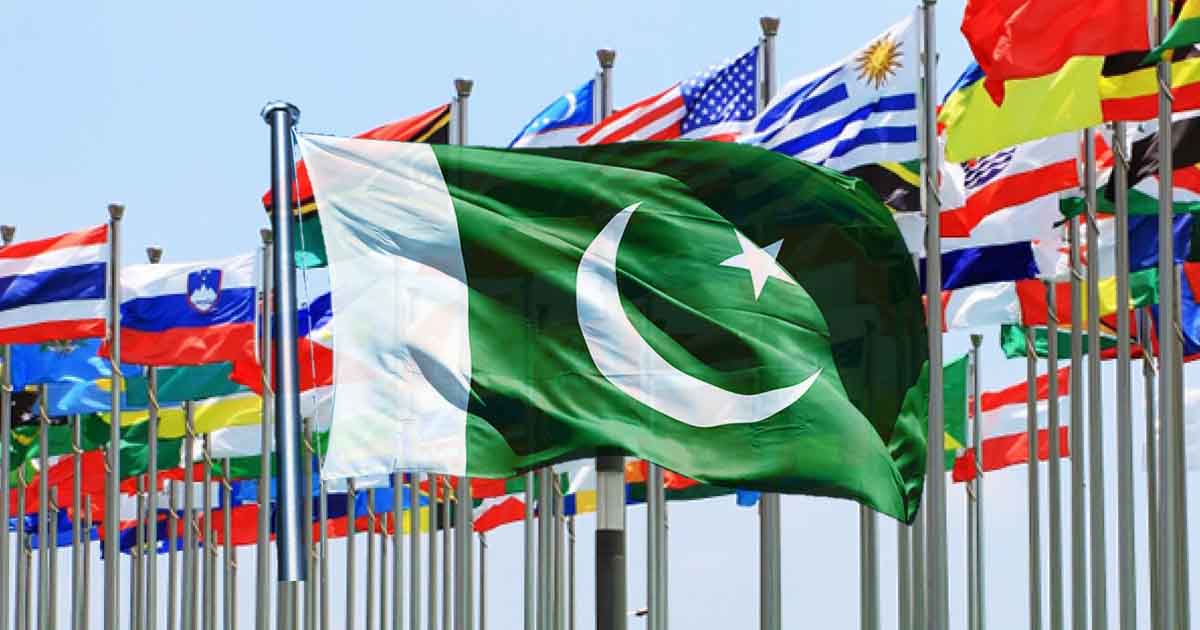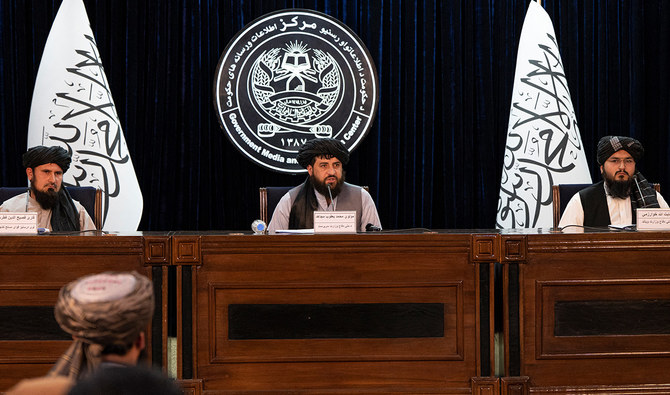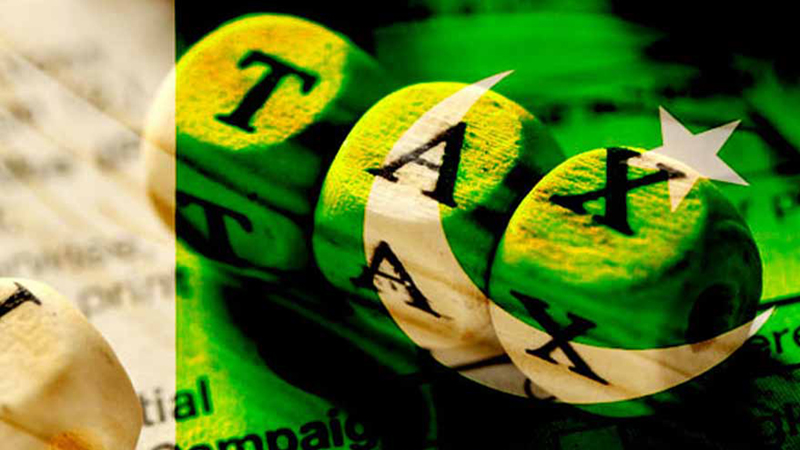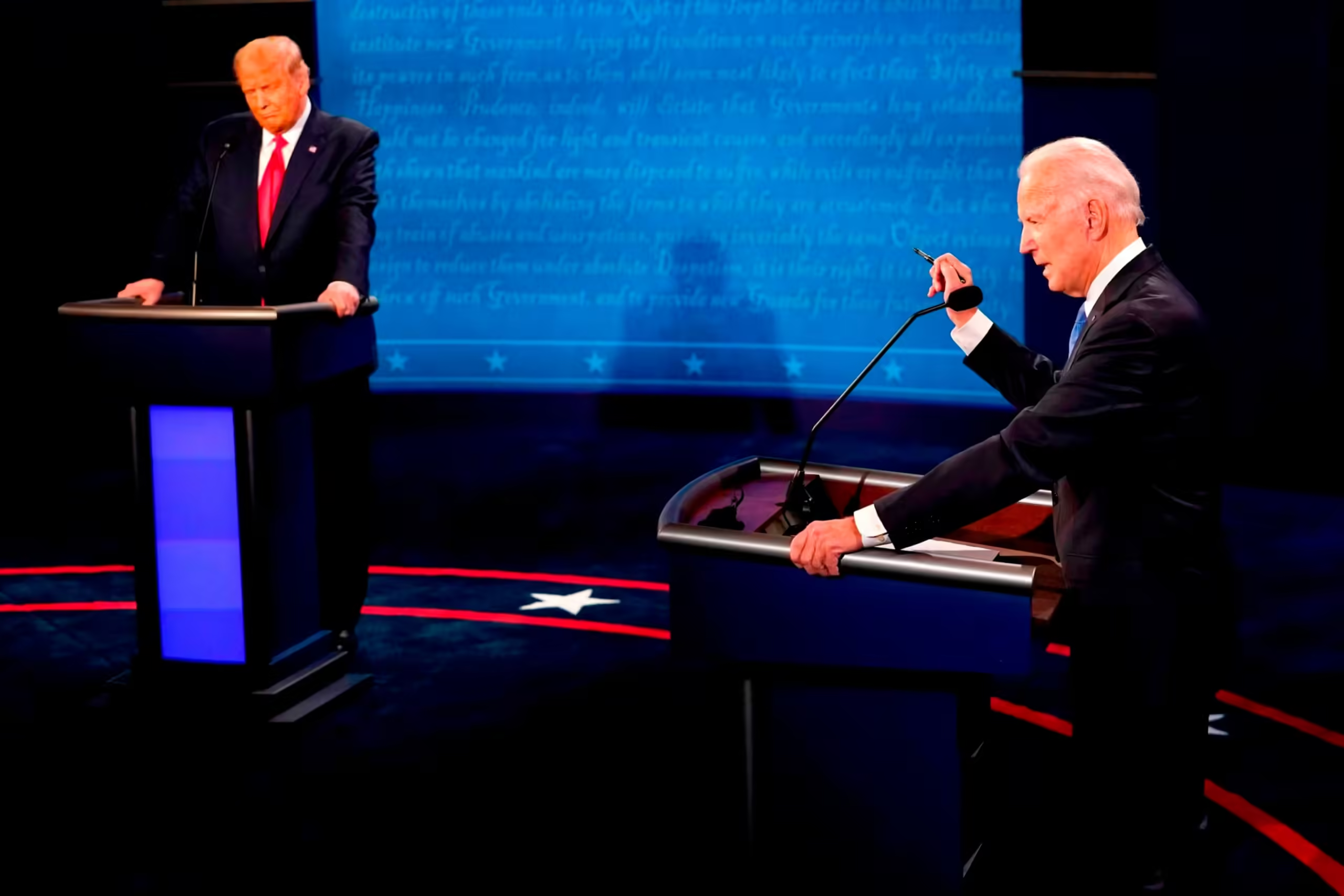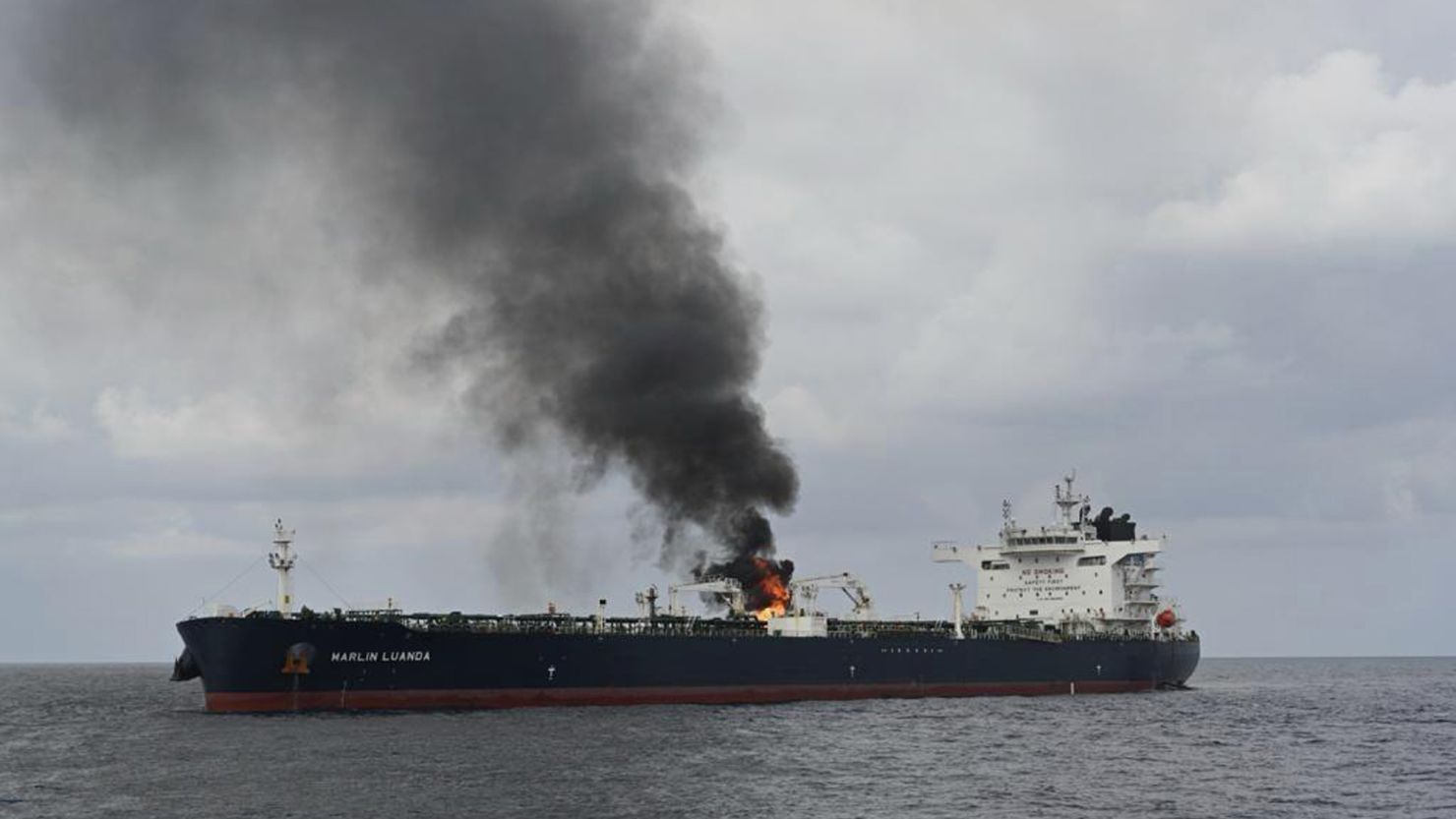Editorial
Pakistan Must Have Political Stability for Effective Foreign Policy
Political stability is an important factor for effective foreign policy and diplomacy. Political stability refers to the degree of consistency, predictability, and legitimacy of the political system and the government in a country. Political stability can affect foreign policy and diplomacy in several ways: Political stability can enhance the credibility and reputation of a country in the international arena. A stable political system can signal to other countries that the country is reliable, trustworthy, and capable of fulfilling its commitments and obligations. A stable political system can also foster a positive image and attract foreign investment, trade, tourism, and cooperation.
Pl, subscribe to the website of the republicpolicy.com
Political stability can facilitate the formulation and implementation of foreign policy and diplomacy. A stable political system can provide a clear vision, direction, and strategy for the country’s foreign relations. A stable political system can also enable effective coordination and communication among different actors and institutions involved in foreign policy and diplomacy, such as the executive, the legislature, the bureaucracy, the military, the media, and civil society. Political stability can increase the resilience and adaptability of a country in facing external challenges and opportunities. A stable political system can help the country to cope with changing international circumstances and respond to emerging issues and crises. A stable political system can also allow the country to pursue its interests and values and defend its sovereignty and security.
Pl, subscribe to the monthly magazines of republicpolicy.com
https://republicpolicy.com/wp-admin/post.php?post=51887&action=edit
Pakistan is a country that faces many internal and external challenges that affect its political stability and its foreign policy and diplomacy. Some of these challenges include ethnic, religious, and sectarian conflicts, terrorism and extremism, corruption and poor governance, economic and social problems, border disputes, regional rivalries, and great power competition. To make effective foreign policy through political stability, Pakistan can take some of the following steps:
- Strengthen its democratic institutions and processes and ensure the rule of law, accountability, transparency, and participation in political decision-making. This can help to reduce political polarization, violence, and instability and increase public trust and confidence in the government.
- Promote national unity and social cohesion among different groups and communities in the country. This can help to overcome divisions, grievances, and resentments and foster a sense of common identity and purpose.
- Enhance its economic development and human security by improving its infrastructure, education, health, environment, and social welfare. This can help to alleviate poverty, inequality, unemployment, and deprivation and improve the quality of life of its people.
- Build constructive relations with its neighbours and other countries based on mutual respect, dialogue, cooperation, and peaceful resolution of disputes. This can reduce tensions, conflicts, and mistrust and increase opportunities for collaboration on common issues such as trade, energy, water, climate change, counter-terrorism, etc.
Lastly, political stability brings economic, administrative and technological stability vital for national power. National power determines the outcomes of foreign policy and diplomacy. Therefore, Pakistan must have political stability, which is critical for national power, foreign policy and diplomacy.
Please, subscribe to the YouTube channel of republicpolicy.com



































